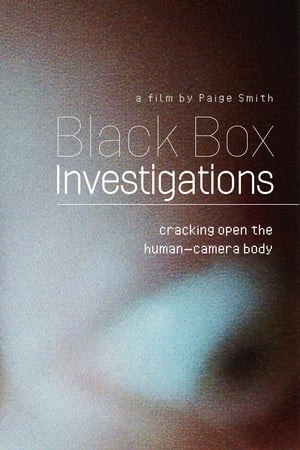
The House of Dust(2021)
In 1967, Knowles, a Fluxus artist, composed one of the first computerized poems, written in Fortran code, with randomly assembled verses. (An example: “A house of steel / Among high mountains / Using candles / Inhabited by people who sleep almost all the time.”) This significant, jam-packed exhibition revives Knowles’s poem on an old-school dot-matrix printer, and includes related ephemera, including a film by Allan Kaprow. The show also highlights forebears of Knowles’s aleatory composition, with a never-completed book by Mallarmé whose pages could be reordered at will, as well as Marcel Broodthaer’s 1969 homage to it. There are also successors: Nicholas Knight’s intricate paintings of overlapping colored curves were generated by an algorithm, and Katarzyna Krakowiak’s audio piece remixes Knowles’s original poem into skittering musique concrète.
Movie: The House of Dust
Top 5 Billed Cast
Herself
Herself
Himself
Herself
Himself
Video Trailer The House of Dust
Similar Movies
 0.0
0.0Faceless & Bound(en)
An experimental non-linear horror film portraying several surreal scenes of grotesque and violent acts
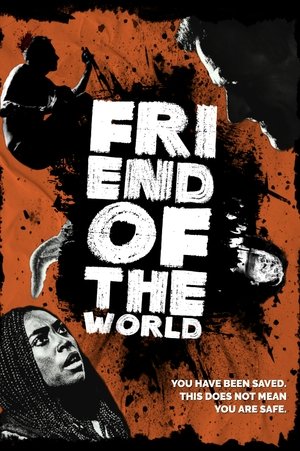 4.2
4.2Friend of the World(en)
After a catastrophic global war, a young filmmaker awakens in the carnage and seeks refuge in the only other survivor: an eccentric, ideologically opposed figure of the United States military. Together, they brave the toxic landscape in search of safety... and answers.
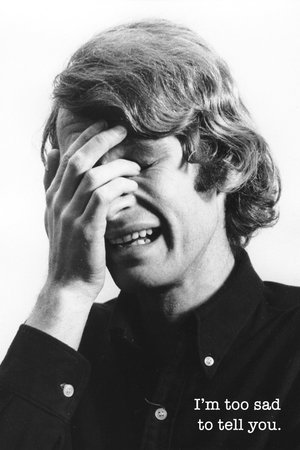 6.0
6.0I'm Too Sad to Tell You(en)
This short film is part of a mixed media artwork of the same name, which also included postcards of Ader crying, sent to friends of his, with the title of the work as a caption. The film was initially ten minutes long, and included Ader rubbing his eyes to produce the tears, but was cut down to three and a half minutes. This shorter version captures Ader at his most anguished. His face is framed closely. There is no introduction or conclusion, no reason given and no relief from the anguish that is presented.
Nightfall(en)
Shot in his garage-studio, the camera records Ader painstakingly hoisting a large brick over his shoulder. His figure is harshly lit by two tangles of light bulbs. He drops the brick, crushing one strand of lights. He again lifts the brick, allowing tension to accrue. The climax inevitable—the brick falls and crushes the second set of lights. Here the film abruptly ends, all illumination extinguished.
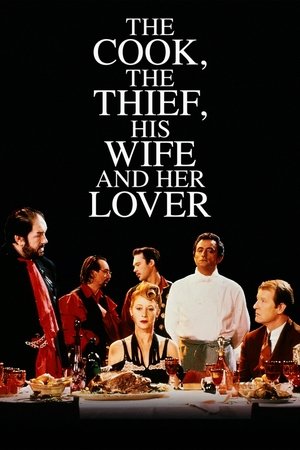 7.3
7.3The Cook, the Thief, His Wife & Her Lover(en)
The wife of an abusive criminal finds solace in the arms of a kind regular guest in her husband's restaurant.
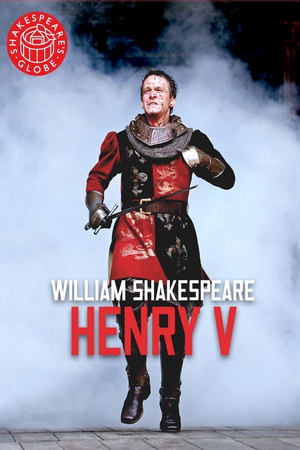 7.0
7.0Henry V - Live at Shakespeare's Globe(en)
Shakespeare’s masterpiece of the turbulence of war and the arts of peace tells the romantic story of Henry’s campaign to recapture the English possessions in France. But the ambitions of this charismatic king are challenged by a host of vivid characters caught up in the real horrors of war. Henry V, which opened the new Globe with the words ‘O for a muse of fire’, celebrates the power of language to summon into life courts, pubs, ships and battlefields within the ‘wooden O’ - and beyond.
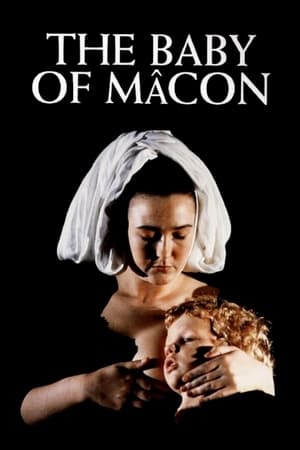 7.0
7.0The Baby of Mâcon(en)
Set halfway through the 17th century, a church play is performed for the benefit of the young aristocrat Cosimo. In the play, a grotesque old woman gives birth to a beautiful baby boy. The child's older sister is quick to exploit the situation, selling blessings from the baby, and even claiming she's the true mother by virgin birth. However, when she attempts to seduce the bishop's son, the Church exacts a terrible revenge.
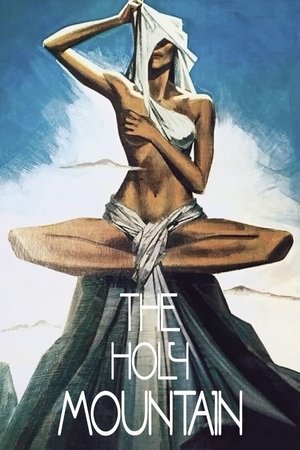 7.5
7.5The Holy Mountain(es)
The Alchemist assembles together a group of people from all walks of life to represent the planets in the solar system. The occult adept's intention is to put his recruits through strange mystical rites and divest them of their worldly baggage before embarking on a trip to Lotus Island. There they ascend the Holy Mountain to displace the immortal gods who secretly rule the universe.
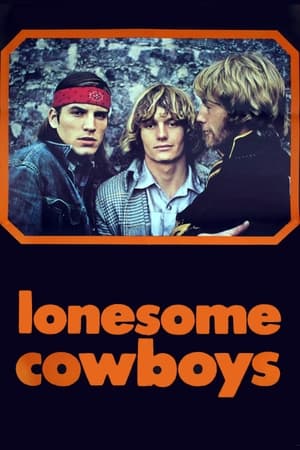 5.0
5.0Lonesome Cowboys(en)
Five lonesome cowboys get all hot and bothered at home on the range after confronting Ramona Alvarez and her nurse.
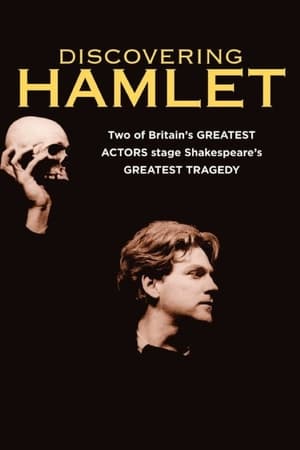 5.7
5.7Discovering Hamlet(en)
IN 1988, rising star Kenneth Branagh tackled the role of Shakespeare’s prince of Denmark for the first time in his professional career under the guidance of celebrated actor Derek Jacobi. Narrated by Patrick Stewart, this hour-long film documents how Kenneth Branagh and Derek Jacobi, two intelligent and passionate men, found new depths in Shakespeare’s classic drama, Hamlet. Filmmakers Mark Olshaker and Larry Klein follow the company through four weeks of rehearsals, from the first read-throughs to opening night.
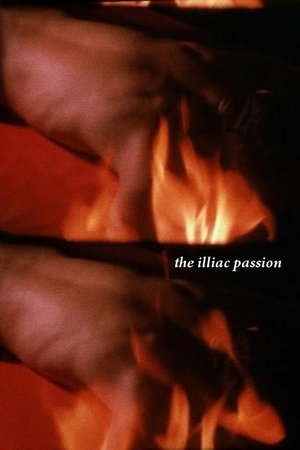 4.2
4.2The Illiac Passion(en)
Prometheus, on an Odyssean journey, crosses the Brooklyn Bridge in search of the characters of his imagination. After meeting the Muse, he proceeds to the "forest." There, under an apple tree, he communes with his selves, represented by celebrated personages from the New York "underground scene" who appear as modern correlatives to the figures of Greek mythology. The filmmaker, who narrates the situations with a translation of Aeschylus' Prometheus Bound, finds the personalities of his characters to have a timeless universality.
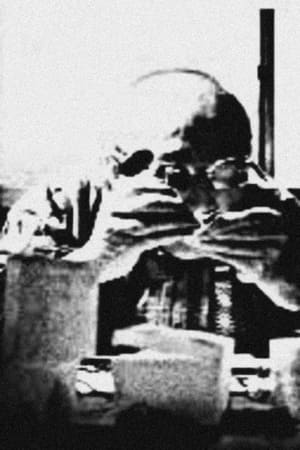 0.0
0.0Assassination(ja)
"Assassination" - Adaptation of Hermann Hesse's novel "Demian". A young man's detachment from and revolt against the superficial ideals of the world of appearances and eventually awakens into a realization of self. Max Demian is his childhood friend and mentor.
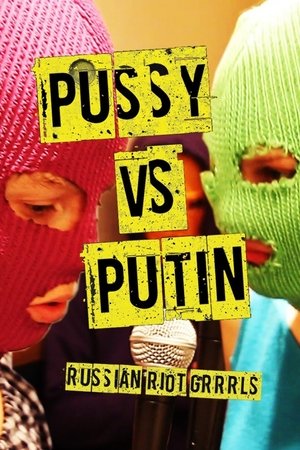 5.5
5.5Pussy Versus Putin(en)
In 2012 two members of anarchistic female band Pussy Riot were sentenced to two years in a Mordovian labor camp for "hooliganism motivated by religious hatred". Russian film collective Gogol’s Wives follow each step of the feminist punk band’s battle against Putin including their first disruptive performances on a trolley bus, shooting a video about transparent elections, a controversial performance in a Red Square cathedral, and footage shot in a jail cell. Support comes from many corners including Madonna who painted the words "Pussy Riot" on her back and wore a balaclava during her Moscow show. The documentary portrays the grim state of present-day Russia, a country starkly divided between conservatism and anarchy. Pussy Riot believes that art has to be free and they're willing to take it to extremes. "Pussycat made a mess in the house," they say, and the house is Russia. The filmmakers do not seek to moralize, they simply edit events and leave viewers to draw their own conclusions.
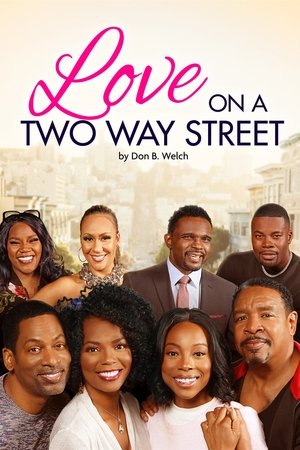 0.0
0.0Love on a Two Way Street(en)
Regina McKenzie struggles with still living at home with her parents, juggling questionable career choices, and dating the wrong men. Love on a Two Way Street is a live stage play event that covers the entire emotional spectrum.
 0.0
0.0Irish Catholic(en)
Meet Shavon O'Brien: Her family doesn't understand her, her church ignores her, even Jesus forgets about her. With only the spirit of Sinead O'Connor to guide her, Shavon battles institutional child abuse, narcissistic group think, a talking stomach and a singing poop bucket! Shavon goes from Catholic to Crusty Punk in this very, very, very, dark musical comedy!
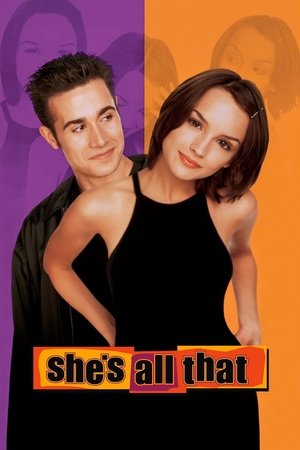 6.3
6.3She's All That(en)
High school hotshot Zach Siler is the envy of his peers. But his popularity declines sharply when his cheerleader girlfriend, Taylor, leaves him for sleazy reality-television star Brock Hudson. Desperate to revive his fading reputation, Siler agrees to a seemingly impossible challenge. He has six weeks to gain the trust of nerdy outcast Laney Boggs -- and help her to become the school's next prom queen.
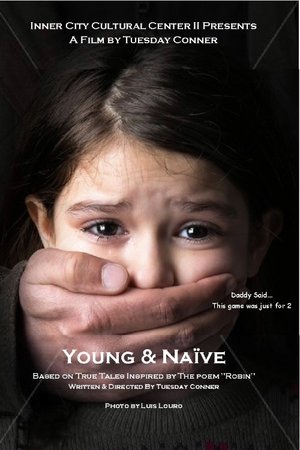 0.0
0.0Young & Naive(en)
Young & Na!ve is a poetic apology to everyone ever sexually molested and a film that needs to be seen by everyone ever born.
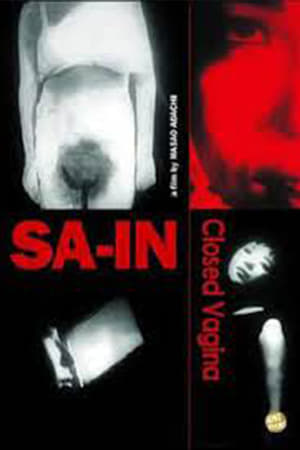 9.0
9.0Closed Vagina(ja)
Adachi's follow-up to Bowl using the figure of a woman suffering from an unusual sexual aliment has often been taken as a controversial allegory for the political stalemate of the Leftist student movement after their impressive wave of massive fiery protests failed to defeat the neo-imperialist Japan-US Security Treaty. The ritualistic solemnity of the charged sexual scenes contribute to the oneiric qualities of Closed Vagina which Adachi would later insist was an open work, not meant to deliver any kind of deliberate political message. - Harvard Film Archive
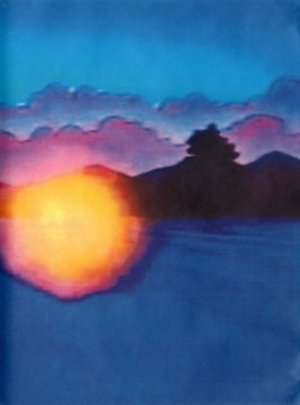 9.0
9.0Memory Vague(en)
Created entirely from YouTube videos and edited in Windows Movie Maker, Lopatin recomposes outmoded video graphic landscapes via repetition and abuse.


